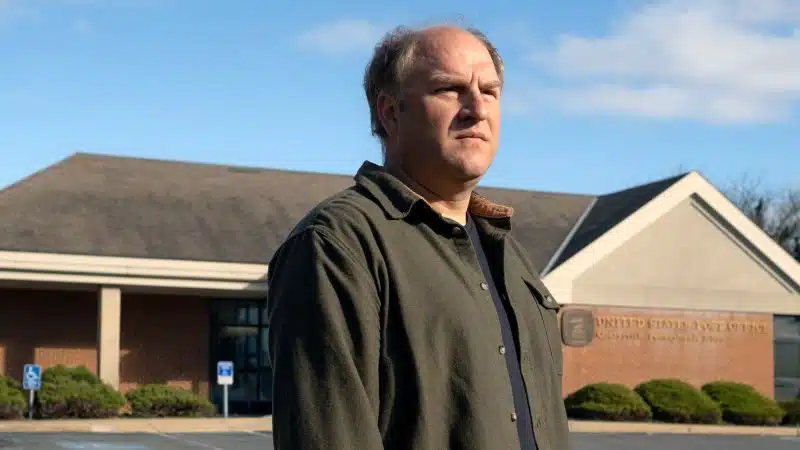Hospitals are being used as a last resort for children in the custody of the Department of Children’s Services (DCS) in Tennessee. These children, who are medically cleared, end up occupying hospital beds for extended periods because suitable placements cannot be found for them elsewhere. This situation is particularly challenging during times of high demand for hospital resources.
One child, for example, spent over nine months in a children’s hospital even though he should have been released sooner. According to some hospital officials who spoke with NewsChannel 5 Investigates, hospitals are becoming a “dumping ground” for these children that DCS struggles to place.
The Children’s Hospital Alliance of Tennessee (CHAT) highlighted that these children are taking up hospital resources unnecessarily, ranging from several days to months of stay. TennCare covers the costs, but the exact taxpayer spending on these extended stays is not disclosed.
State Senator Heidi Campbell expressed concern over the failure to provide adequate care for these vulnerable children. Some examples include a 10-year-old with Muscular Dystrophy staying for 103 days at a hospital in Knoxville because DCS couldn’t find a suitable placement. Similarly, a 10-year-old with severe autism stayed for 51 days before being sent out of state due to lack of placement options.
Commissioner Margie Quin of DCS acknowledged the challenges of finding placements for these children, especially those with complex medical and behavioral needs. To address the issue, Quin requested over $8.7 million for specialized “Assessment Treatment Homes” across the state.
Senator Campbell emphasized the need for immediate action to support these children instead of resorting to long hospital stays. With the state having ample reserves, she urged for more funding to ensure proper care for these vulnerable children.
Governor Bill Lee expressed willingness to provide additional funding for DCS but noted that the process takes time. The Children’s Hospital Alliance of Tennessee also recognized the efforts of DCS but stressed the importance of quicker and more efficient placement options for medically fragile children.
While some progress is being made to address this issue, there is still a need for more immediate solutions to prevent children from being stranded in hospitals unnecessarily.




